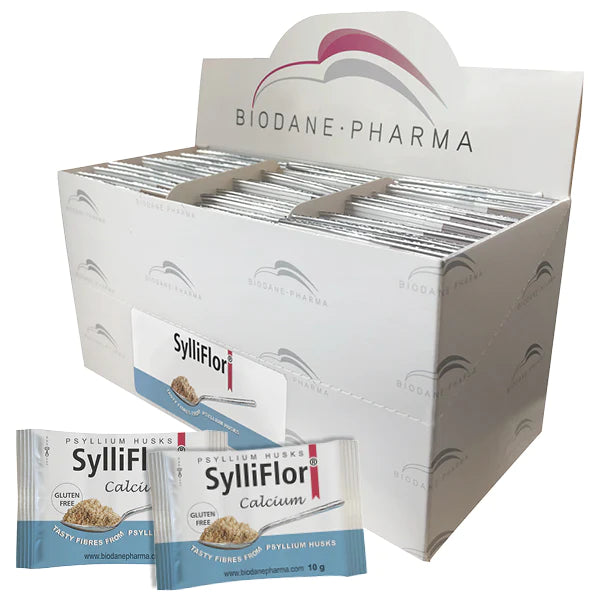
Sylliflor Calcium: A Comprehensive Guide to Alleviating Diarrhoea
Diarrhoea is a common gastrointestinal issue that can significantly impact one's quality of life. While there are various treatments available, one promising avenue is the use of Sylliflor Calcium. This innovative approach combines the benefits of ispaghula husk and calcium, offering a potential solution for individuals suffering from chronic diarrhoea. In this blog, we will explore the research conducted by Qvitzau et al. comparing the effectiveness of loperamide, ispaghula husk, and calcium in treating chronic diarrhoea.
Understanding Chronic Diarrhoea
Chronic diarrhoea is characterised by the frequent passage of loose, watery stools lasting for more than four weeks. It can result from various factors, including infections, inflammatory bowel diseases, malabsorption disorders, and functional gastrointestinal disorders. Managing chronic diarrhoea is crucial for preventing complications such as dehydration, malnutrition, and a decline in overall well-being.
Sylliflor Calcium: An Innovative Approach
The study by Qvitzau, Matzen, and Madsen sheds light on the potential benefits of Sylliflor Calcium in managing chronic diarrhoea. This treatment combines two key components: ispaghula husk and calcium. Ispaghula husk, a natural fiber derived from the seeds of the Plantago ovata plant, is known for its ability to absorb water and add bulk to stools, regulating bowel movements. Calcium, on the other hand, plays a crucial role in ion exchange in the intestines, influencing fluid balance.
Research Findings
The comparative study focused on evaluating the efficacy of loperamide, ispaghula husk, and calcium in treating chronic diarrhoea. The researchers found that Sylliflor Calcium demonstrated significant effectiveness in reducing the frequency and severity of diarrhoea episodes compared to loperamide, a common antidiarrheal medication.
Mechanism of Action
Sylliflor Calcium acts through a dual mechanism. Firstly, ispaghula husk provides bulk to the stool, improving consistency and reducing water content. This helps in preventing excessive fluid loss and dehydration. Secondly, calcium influences ion exchange in the intestines, promoting a balanced fluid environment and supporting normal bowel function.
Conclusion
The research by Qvitzau, Matzen, and Madsen highlights the promising role of Sylliflor Calcium in the management of chronic diarrhoea. As a natural and well-tolerated option, it presents a valuable alternative to conventional antidiarrheal medications. However, it's essential to consult with a healthcare professional before starting any new treatment regimen.
